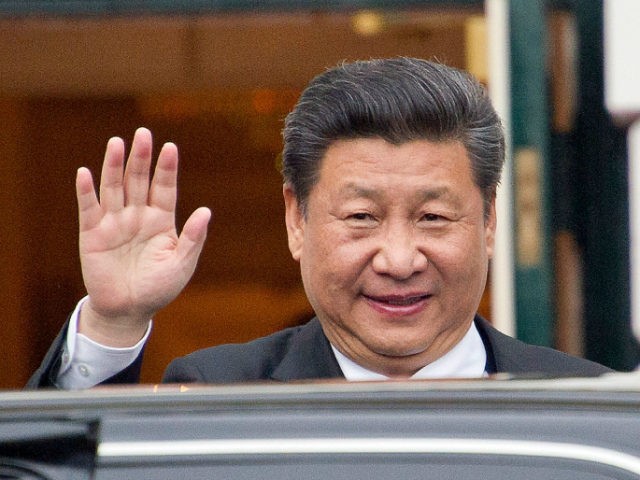The South China Morning Post finds some humor in the spectacle of Chinese President Xi Jinping calling for “greater tolerance of ‘well-intentioned’ criticism online of the authorities in China” only to see comments on his remarks banned.
Xi said at a forum on cybersecurity on Tuesday that officials should “heed public opinions” online and show internet users “greater tolerance and patience”.
He also pledged to take online criticism towards the Communist Party, the government and officials on board as long as it was “well-intentioned”, regardless how unpleasant it was to hear.
Hours after the forum the state news agency Xinhua started to post highlights of the speech on its Weibo account.
But readers clicking on the comments section of the posting were shown a message that said: “This Weibo post is closed for comments.”
The post was shared over 5,000 times, but had only 16 comments. Among them, only two were allowed to be displayed.
SCMP reports that comments were also blocked on posts of Xi’s remarks on web pages belonging to Chinese state television, Sina News, and the China News Service. Those who logged criticism before the ban was instituted saw their social media posts deleted.
Given that Xi called for the Communist Party faithful to be “unyielding Marxist atheists” earlier this week, there is reason to doubt the strength of his commitment to tolerance. China responded to “well-meaning criticism” of the Panama Papers scandal by nuking it off the Internet. The list of “offensive” topics to be censored in the name of creating a “more beautiful Internet” grows steadily.
People who criticize the government openly have a habit of disappearing, like the family of a Chinese dissident living in the United States, whose “parents and younger brother were taken away by local police as part of an investigation aimed at identifying the author of an open letter calling for Xi’s resignation,” along with staff from the news website that published the letter, according to CNBC.
“Well-intentioned criticism” is the kind of weaselly qualifier authoritarian rulers love. Qualified free speech is more insidious than frank censorship, because it creates the illusion of freedom, and lets authoritarians claim credit for enlightened attitudes they don’t actually share. Hopefully no one in China really thinks their government welcomes criticism.

COMMENTS
Please let us know if you're having issues with commenting.